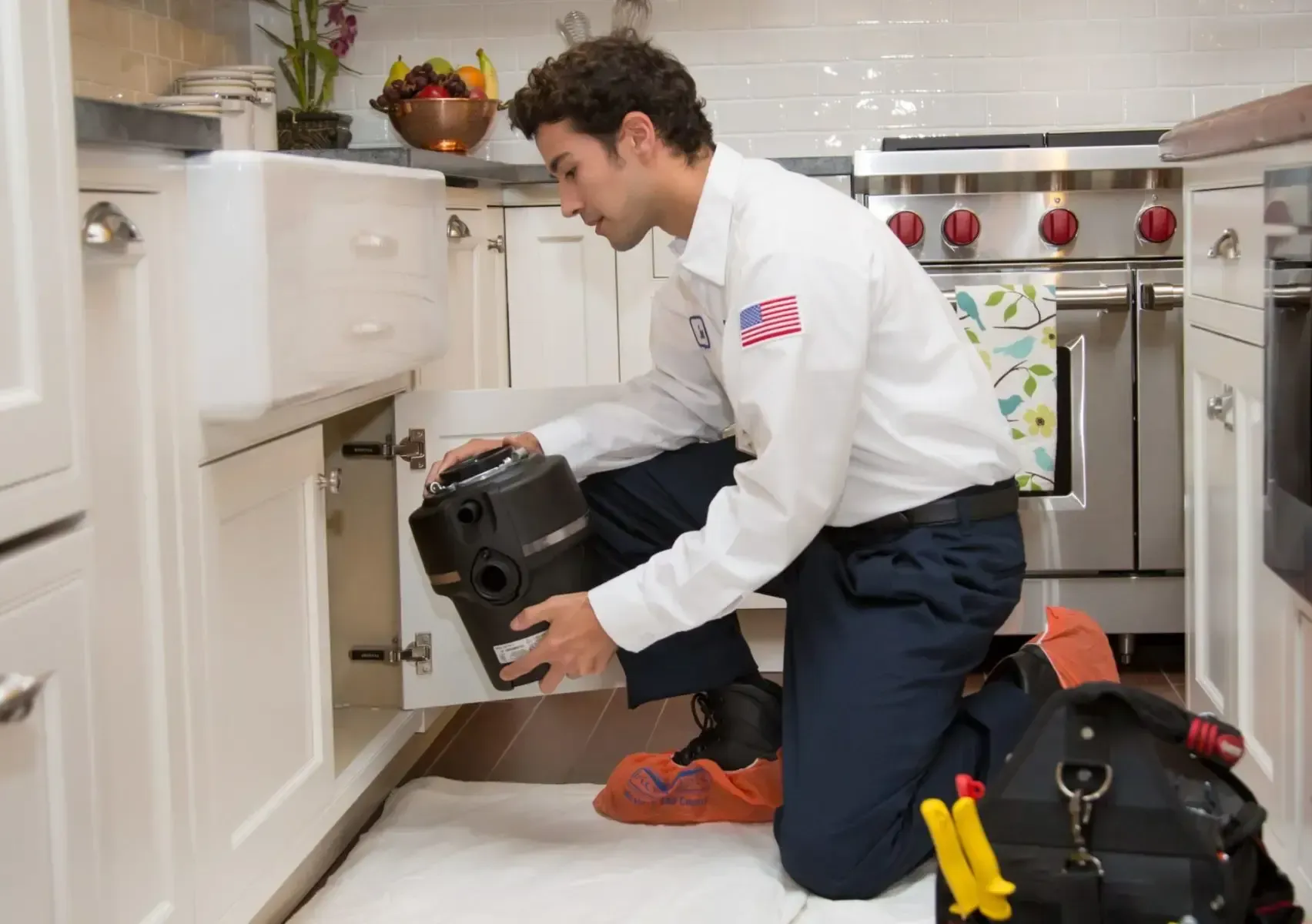Important Tips For Protecting Your Washer And Dryer
Washers and dryers are necessary but expensive purchases, and you expect them to work hard for you. This is especially true if you have active children or work out of doors yourself. However, this expectation may be unrealistic if you forget that you need to treat your appliances with care.
It’s easy to assume that you can flip a switch and they’ll run without fail forever. They are machines with moving parts, and to get the most from them, it’s important to understand how to prolong their working lives. Follow these important tips for protecting your washer and dryer.
General Advice
Don’t top it up.
Don’t overload either your washer or dryer. Doing so means additional wear and tear on the motor, the suspension and the bearings. Check the recommendations from the manufacturer for capacity or simply be sure not fill the drum much more than halfway. Smaller loads also reduce energy usage.
Protect it.
Plug your washer and dryer into a surge protector. Why take a chance of them being affected by a lightning strike or a power surge?
Washer Wear And Tear: Tips For Washer Longevity
Zip it.
Zippers can get caught in the drum of your washer and cause problems. They can also scratch the glass on front-loading washers and may even contribute to the glass panel exploding. Be sure to zip up all the zippers on your clothing before placing it in the washer.
Don’t get hooked.
Those closure hooks and underwires on your bras can get snagged on the drum of the washer, so place them in one of those specially designed mesh bags – or an old pillowcase, tied at the top – to prevent them from catching.
Spare the change.
Loose coins are a hazard that batter the drum and the glass door of your machine. Check all pockets carefully for loose coins before loading the washer; as an incentive, allow whoever does the load to keep any coins they find.
Don’t be so cold.
Cold water washes save energy and preserve natural fibers, but your machine needs a maintenance cycle now and then. To keep your machine running well and smelling good, every month or so, add a cup of vinegar to your empty washer and run it on its hottest cycle.
So much soap!
You CAN have too much of a good thing. Adding too much soap to the wash water can leave clothes dingy and may damage your machine’s sensitive control panel. Also, if you’re out of laundry detergent, DO NOT substitute dishwashing liquid. Its high-foaming action is injurious to washers.
Wet and wild.
Don’t leave your clean, wet clothes in the washer for hours on end; remove them promptly and pop them in the dryer or both the clothes and the machine can get moldy.
Open and shut case.
When you have finished a load, leave the lid up so that the washer can air out and water can evaporate. Even a bit of lingering water can lead to mold or mildew. In addition, when you go on vacation, shut off the water to the washer so that pressure doesn’t build up and cause the hose to leak.
Level-headed.
Be sure that you keep your washer level. An improperly angled washer will cause vibrations and could lead to motor damage.
Dryer Details: Handling Your Machine Properly
Lessen the lint.
Dryers need an unobstructed airflow to operate properly. Clean the lint trap after each use to ensure that the air can flow freely and to remove a potential fire hazard.
Clean the ducts
.
Exhaust ducts are other places where lint can gather, causing your clothes to dry more slowly and using more energy than necessary. Vacuum the duct every few months to prevent lint build-up, which is also a fire hazard. While vacuuming the duct, which should vent outside the house, be sure the vent isn’t blocked in any way.
Lighten the load.
It can’t be emphasized enough: Don’t overload your dryer. There are a number of reasons it’s a bad idea:
Too hot to handle.
A load that’s too large can cause your dryer to overheat. The motor can wear out quickly if it is regularly forced to work too hard. Motor repair is expensive, so you could end up replacing the dryer itself if you’re not careful with the load size.
Hung out to dry.
A packed dryer leads to poor airflow, which means your clothes won’t dry properly. You’ll end up running it longer than you should, using more energy, or you’ll need to hang the clothes to finish drying them. In addition, loads that are bunched up have many more wrinkles than smaller loads, which means more time spent ironing later.
Internal injuries.
Heavy loads cause additional wear and tear on the dryer’s parts: belts, pulleys and spindles. If you find yourself replacing them every few months, it’s a signal that the dryer is working too hard.
Remember, you need to take care of your washer and your dryer, so they can take care of you. Follow these tips from Fix Appliance Repair and you shouldn’t have any major problems.
For more appliance tips and tricks, check our blog and archives at https://www.fixtappliancerepair.com/



